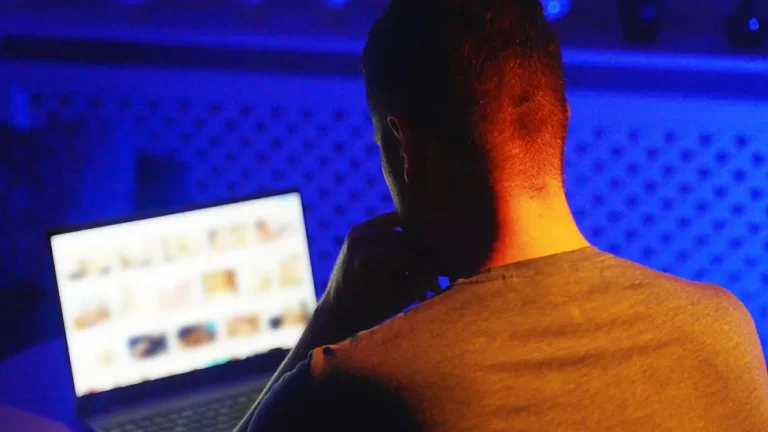Three of the world's biggest pornography sites have been told their users in the European Union may have to use age verification technology.
Pornhub, Xvideos and Stripchat face stricter regulations because they have been assessed as having at least 45 million monthly users in EU countries. EU rules mean firms of that size have to take extra steps to protect children.
It says that could mean the sites introducing age checking tech.
“An example of efficient measures in this respect could be age verification tools, to prevent minors from accessing pornographic content,” a spokesperson for the European Commission told the BBC. The spokesperson said one “potential” solution for a person proving their age would be the upcoming European Digital Identity wallet.
“Once it enters into force, it will offer solutions for all EU citizens, residents, and businesses in the EU,” they said.
“Citizens will be able to prove their identity and share electronic documents from their European Digital Identity wallets with the click of a button on their phone.”
‘Higher scrutiny'
The three sites have been designated Very Large Online Platforms (VLOPs) under the EU's Digital Services Act (DSA)., which brings with a raft of enhanced legal obligations, including in content moderation. EU Digital Commissioner Margrethe Vestager welcomed the companies' designation, saying it would “allow for higher scrutiny and accountability of their algorithms and processes”.
“I have been very clear that creating a safer online environment for our children is an enforcement priority under the DSA,” she added.
The BBC has approached Pornhub, Xvideos and Stripchat for comment. The porn sites will have four months to ensure they meet a series of legal requirements including:
- putting in place extra measures to combat the spread of illegal content, such as child sexual abuse material and deepfake pornography
- adding stronger protections against children accessing their sites, including with age verification tools
- ensuring that their risk assessments and their compliance with all the DSA obligations are externally and independently audited
The EU Commission will be responsible for ensuring the sites meet the new, more stringent rules. It can fine them up to 6% of their global turnover if they fail to do so.
These companies are the second batch of firms to be designated VLOPs. In April, an initial 19 tech giants – including Facebook, Google and YouTube – were told the new rules applied to them.
For that initial round of companies, the DSA came into effect in August.
One of them, X (formerly Twitter), was told on Monday that the EU suspected it of breaking its obligation under the DSA to combat disinformation – the first enforcement proceedings to be launched under the legislation.
— CutC by bbc.com


